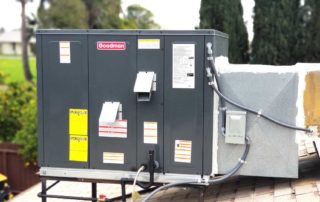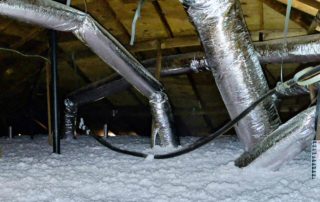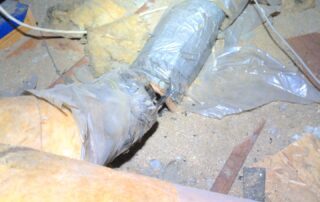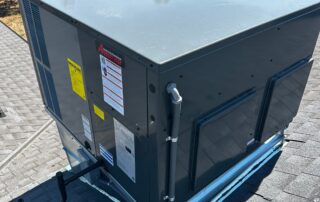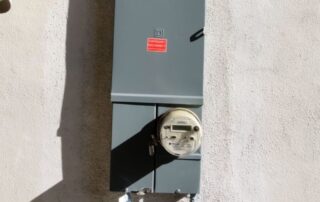Learning more about how to spend less to stay comfortable in your home.
Bundle Home Upgrades with a General Contractor
From roofing and HVAC to windows and electrical panels—upgrading your home with a general contractor can save time, money, and maximize rebates.
When you’re ready to make energy-efficient improvements to your home, the smartest move you can make is to work with a licensed general contractor who can handle all of your upgrades—roofing, windows, heating and air, ductwork, electrical panel, and water heater—under a single project.
Here’s why bundling your upgrades is the most efficient, affordable, and stress-free way to modernize your home:
✅ One Team, One Plan, One Payment
Instead of juggling multiple contractors for different scopes, a general contractor coordinates every aspect of your project—from permits and inspections to timelines and crews. That means fewer delays, less stress, and a higher-quality result.
Plus, when you combine multiple scopes, you can finance the entire project under a single loan, often with better terms and lower monthly payments. One approval, one payment, one plan.
💰 Stack Rebates and Tax Credits
When you upgrade your home’s systems together, your contractor can help you strategically layer available incentives. That includes:
-
Up to $2,000 in federal tax credits for installing high-efficiency heat pump HVAC
-
Up to $600 for upgrading your electrical panel
-
30% tax credit for heat pump water heaters
-
Local utility rebates for duct sealing, insulation, and energy-efficient windows
When handled properly, your contractor can help you unlock thousands in combined savings—all without missing paperwork or deadlines.
🏡 Lower Utility Bills with Better Performance
Bundling upgrades ensures your systems work together, improving your home’s comfort and efficiency:
-
New windows reduce heat loss and ease the strain on HVAC
-
New ductwork ensures airflow is optimized for your upgraded system
-
A new roof improves insulation and protects all your home systems
-
An upgraded electrical panel powers your efficient home for decades
When designed as a system, your home uses less energy, lasts longer, and performs better.
🧾 Easier Financing, Bigger Results
Financing one project is simpler than juggling multiple loans. We help you secure affordable home improvement financing, including:
-
0% interest short-term plans (on approval)
-
PACE & unsecured energy-efficiency loans
-
Options for homeowners with little or no equity
With a general contractor overseeing the entire project, you avoid unexpected costs and ensure every dollar is working toward a smarter, more comfortable home.
📈 Boost Home Value and Resale Appeal
Today’s buyers are looking for modern, efficient, move-in-ready homes. A home with:
-
A new HVAC system
-
Energy-efficient windows
-
An upgraded water heater
-
A solar-ready electrical panel
-
And a new roof…
…stands out in the market and commands a higher value.
We provide you with all the documentation you need to show the value of your upgrades during appraisal or resale.
✅ Let’s Make Your Home Smarter—Together
At American Home Energy Savers, we handle full-scope upgrades from start to finish—including design, permits, financing, installation, and rebate processing.
Whether you want to improve comfort, reduce energy bills, or get your home ready for the future, we’re the team to trust.
👉 Call us at 800.862.AHES or Book an Appointment today to start your whole-home upgrade.


